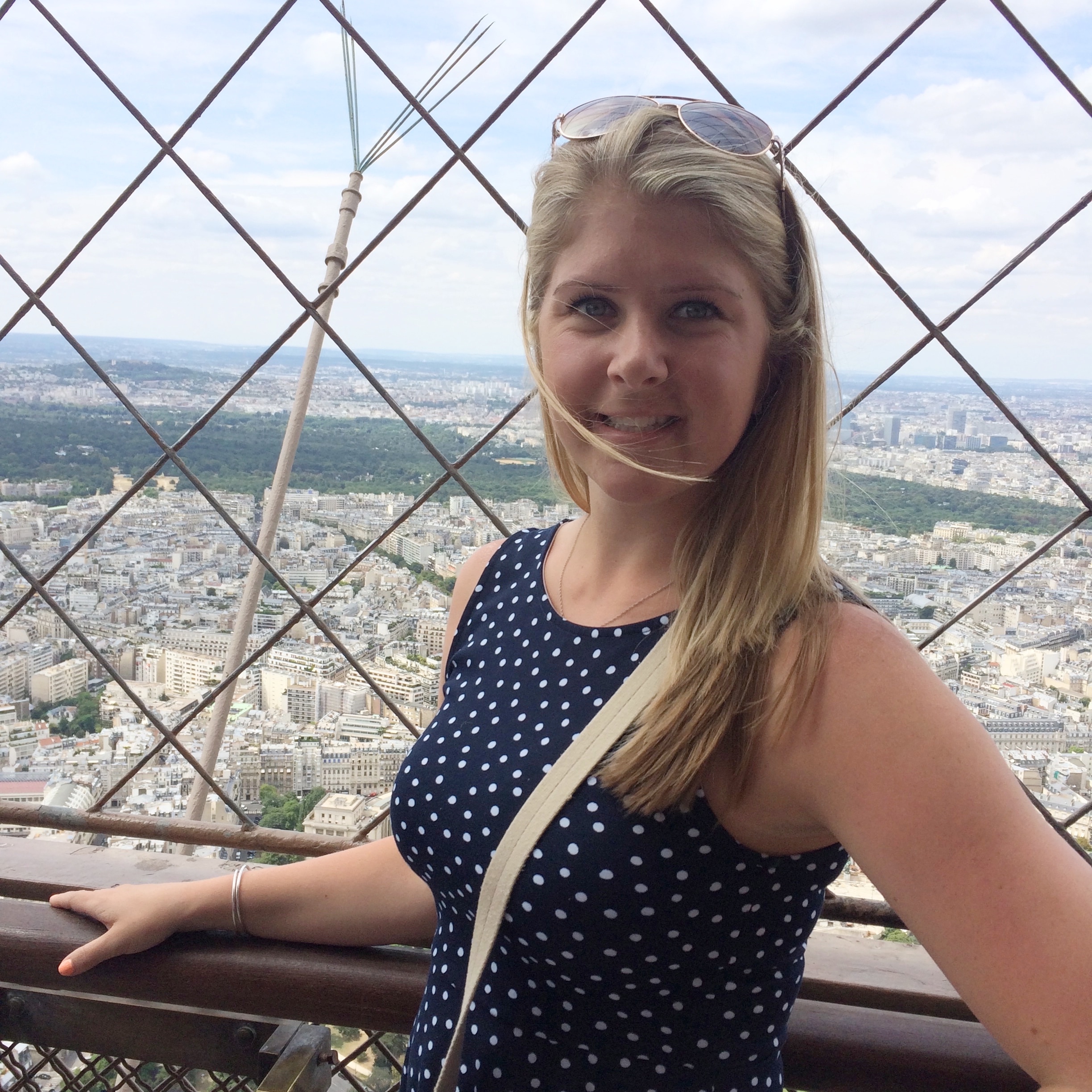Positive Psychology Spotlight: Todd Kashdan
by Suzee Connole
Why is it that relationship conversations typically revolve around questions like “How did you meet?” and “When did you know?” versus “How did you keep it going when years four, 17, and 31 got rough?”
Todd Kashdan, scientist, public speaker, and professor of psychology, argues that the latter is the most important question. “Commitment is hard. There are no models in the media for decades-long relationships,” Todd says. At the Embodied Positive Psychology Summit, Todd will offer a keynote centered around practicing and sustaining a healthy, meaningful, loving relationship.
“Physical change in our body is so slow it goes unnoticed. Psychologically, we change every day,” says Todd. The psychological changes are the ones that can help or harm a relationship. He argues that attitudes and expectations around your romantic partner’s strengths can have a great influence on your relationship’s level of satisfaction and depth of intimacy, the way you respond to each other’s triumphs, and what your partner offers you in terms of social support.
“You pair off in your 20s, have an ideal version of them as a parent, envision their career accomplishments, and imagine their potential. You essentially sculpt your ideal relationship and how your partner will work into it,” says Todd. This is known as the Michelangelo Phenomenon. With or without knowing it, you are seeking and grooming a partner that fits into your world, rather than seeing the world as a place that you will adventure in and explore together.
So how do you remedy this? How do you get to the point where you and your partner are complementing each other as opposed to filling each other’s vision of an ideal? You collaborate.
“The first stage is getting involved and learning. You have to be okay with getting uncomfortable,” says Todd. You have to accept that you might not know as much about each other as you thought you did. We often fail to realize that, just as we are constantly trying to evolve as individuals, so are our partners.
The next step in cultivating a relationship is to investigate how you respond when things go wrong. “Laughter, praise, playfulness, and giving clues are examples of how you work through the miscues in your relationship,” Todd says. He notes that it is these interactions that aid in getting you through a rough patch in year four or year 17.
And if you think your positive relationship will teach your kids how to maintain their own lifelong commitment, think again. Todd says that since we typically don’t share the ups and downs of long-term partnership with our children, they cannot fathom how difficult it is to cultivate love over decades. “It is a really Herculean psychological challenge,” says Todd.
Wherever they are in their relationships, couples (whether young or old) have to rededicate themselves and push on when they reach a plateau. “We cannot fall for the assumption that, as we age, passion disappears,” explains Todd. “Maintaining communication, passion, and commitment requires some uncomfortable situations.” Being fully present in those situations so you can grow and learn from them is what will take you to year 31.
Todd Kashdan presents an evening keynote, “The Science and Practice of Cultivating Healthy, Meaningful, Loving Relationships,” at the Embodied Positive Psychology Summit, May 14.
Suzee Connole is the Marketing Assistant for Wholebeing Institute. Part of her role at WBI involves highlighting how alumni, faculty, and guest speakers are taking positive psychology principles and applying them in the communities where they live and work.
Todd Kashdan, PhD, is a world-recognized authority on well-being, strengths, social relationships, stress, and anxiety. He has published more than 165 articles in peer-reviewed journals and is author of “The Upside of Your Dark Side”; “Curious? Discover the Missing Ingredient to a Fulfilling Life”; and a forthcoming book on business. Todd is a professor and senior scientist at the Center for the Advancement of Well-Being at George Mason University and scientific advisor for Time, Inc., “National Geographic”, Merck, and the Templeton Foundation. He gives keynotes and workshops for organizations as diverse as the US Department of Defense, the World Bank, General Mills, and the Gap. Todd’s research has been featured in numerous media outlets, including the “Harvard Business Review”, “New York Times”, and “Washington Post”.












So looking forward to seeing Todd speak at the Summit!